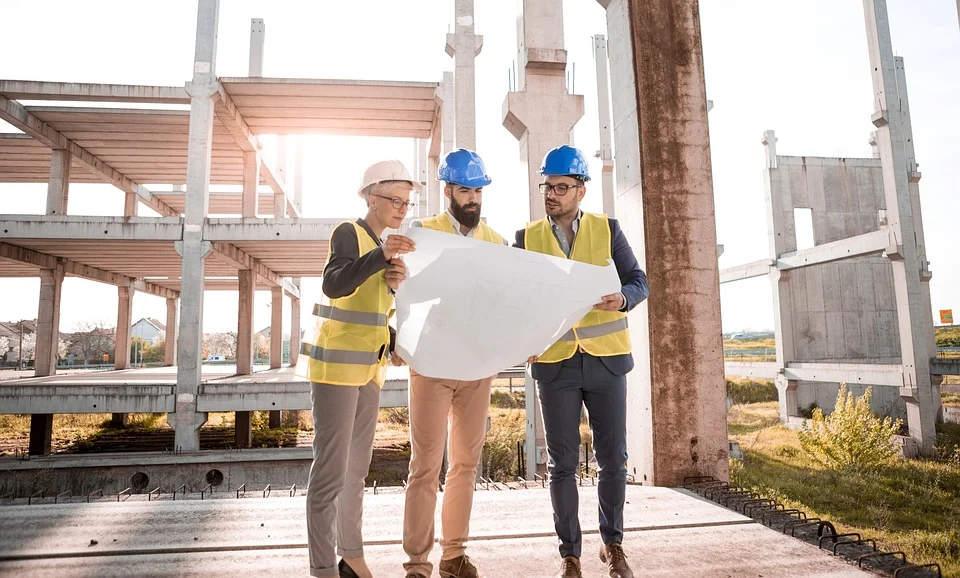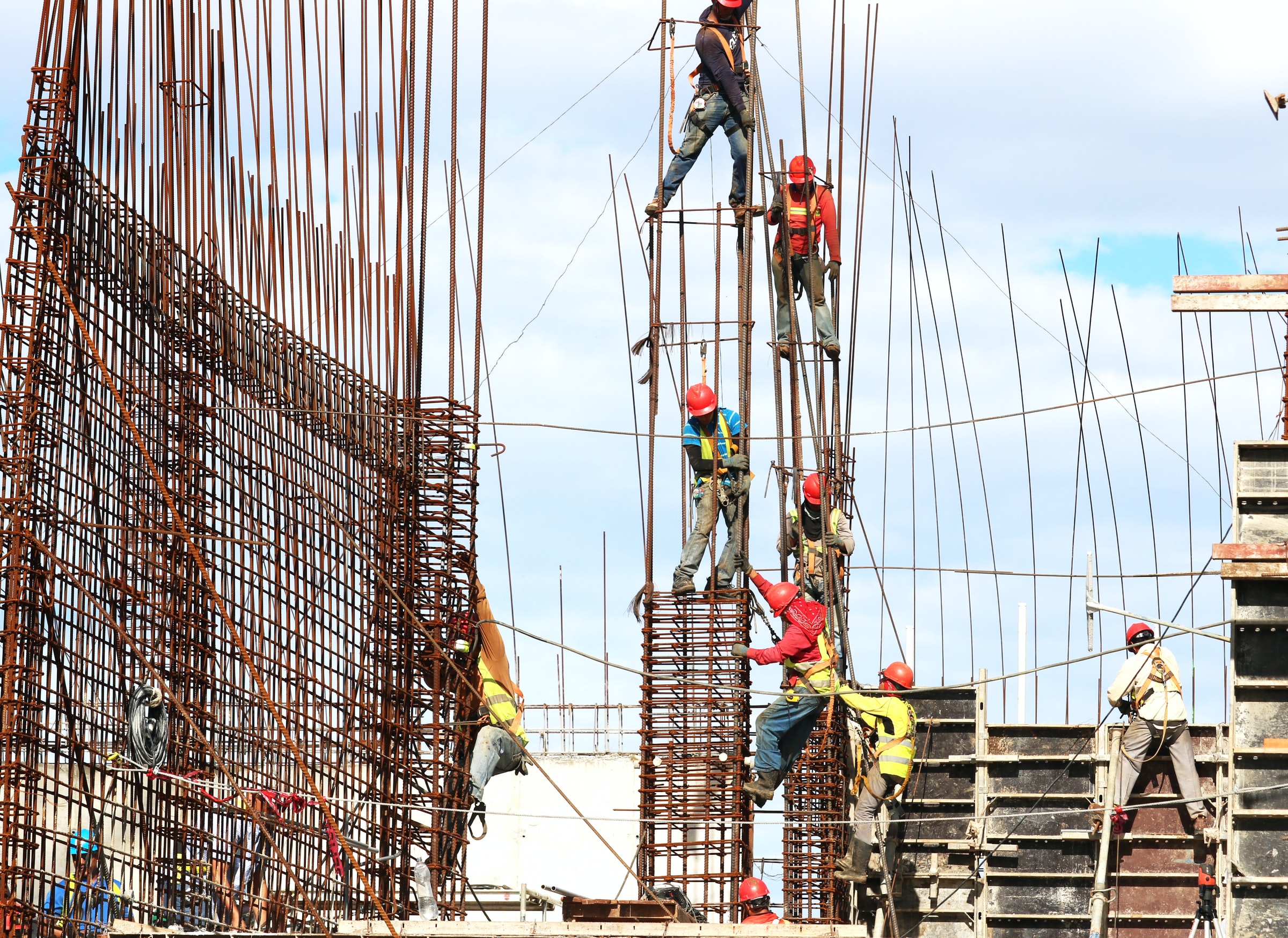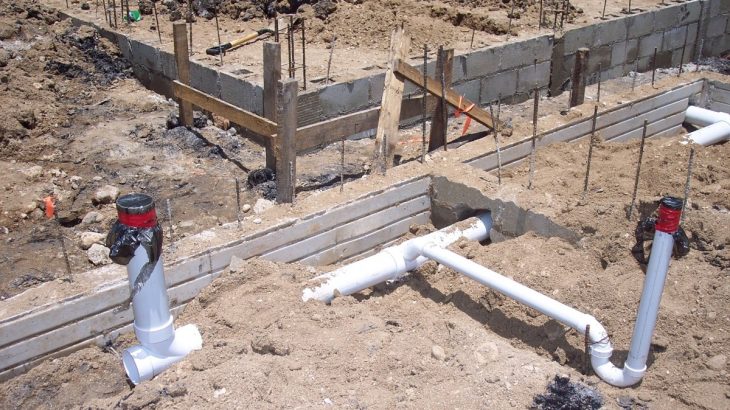Servicing a plot of land consists of developing a plot to connect to various networks (water, electricity, telephone, gas, and sewerage networks). This is a mandatory step before construction. Thus, several details must be taken into account, including the connection work. Read this article to learn more.
Who pays for the connection?

Before considering the cost of the connection work, check first if the land you have bought is suitable for building or not. To find out, consult a PLU or local urbanism plan at a competent body such as the town hall. This PLU contains all the terms and conditions for construction and connection according to your needs (whether connected to electricity, water, the telephone network, or gas).
Moreover, the total cost of servicing varies according to the complexity of the work, the addition of several taxes, and the distance between the land and the servicing equipment. Indeed, its cost is estimated from 5.000 € to 15.000 €. Therefore, you have to foresee an important budget in order to realize your project.
The owner must pay all the charges related to his property, but various connections require the participation of third parties as:
The connection to the sewerage system
Domestic and industrial wastewater and rainwater coming out of your gutters must be connected to the collective sewerage system. It is an operation carried out by the public service called “the all to the sewer”. This connection to the sewerage system is almost compulsory if the sewerage system is created next to your house.
However, the cost of all connection work is shared between the municipality and the owner. Thus, the municipality pays the cost of all the work done on the public part, and the owner pays for all the work necessary to direct the wastewater to the public network.
The connection to electricity
Connecting to electricity is a step that allows you to use electricity in new business premises, a private dwelling, a subdivision, or a building. To do this, you must open an electricity meter. From the moment the opening contract is drawn up, the electricity supplier has only one person responsible. Therefore, the opening of an electricity meter will only be the responsibility of the contract holder.
So, whether he is a tenant or an owner, it is the eventual user who pays all the costs corresponding to all the operations (self-reading of the meter, modification of the meter’s power, change of tariff option, etc.).
The gas connection

If you do not want to use electricity, the connection to the city gas is very important to supply your heating. The rate depends on the amount of gas needed, and only the owner or user of the house has to pay the charges. So, before proceeding with the gas connection, ask for more information from the GRDF or ELD.
The connection to the telephone network
Having a home without communication is rather annoying nowadays. Therefore, it is important to create one by connecting to the universal communication service. The chosen operator pays all the connection costs.
The connection to drinking water
This is the most important step in the development of the land and must be done after the earthworks. It is about connecting your land to a water network (sometimes public). The cost of connecting to the drinking water network depends on the distance between the land and the water network. Moreover, the connection work on your site is at your expense, while the public part is at the expense of your municipality. These two areas are separated by a meter.
Who pays the taxes applicable to the development work and the town planning contributions?

Only the dwelling owner is responsible for paying all the taxes applied to the servicing work. Thus, the owner will pay the charges for the town planning participation. The payment of all the charges related to the development of a plot of land will be made to the companies in charge of the works. Thus, the applicable taxes will be paid to the competent bodies.
Sound off in the comments section below and tell us what you want to read next and if you want to read more about land development in France.




















One thought on “Land Development In France: Who Pays For What?”